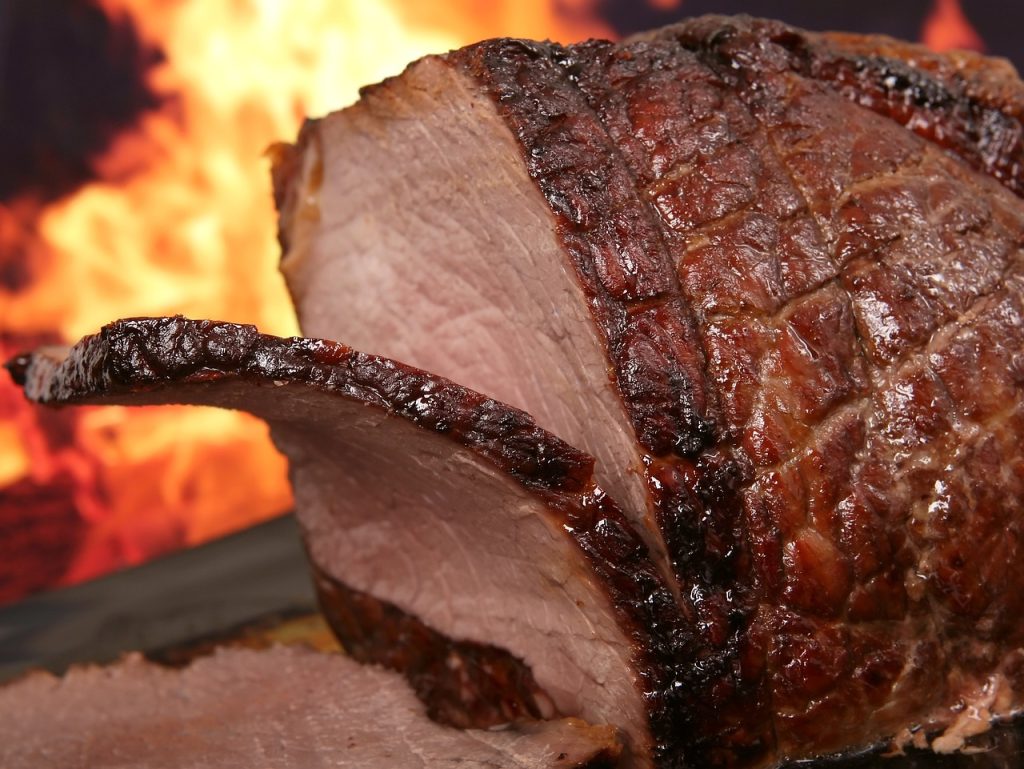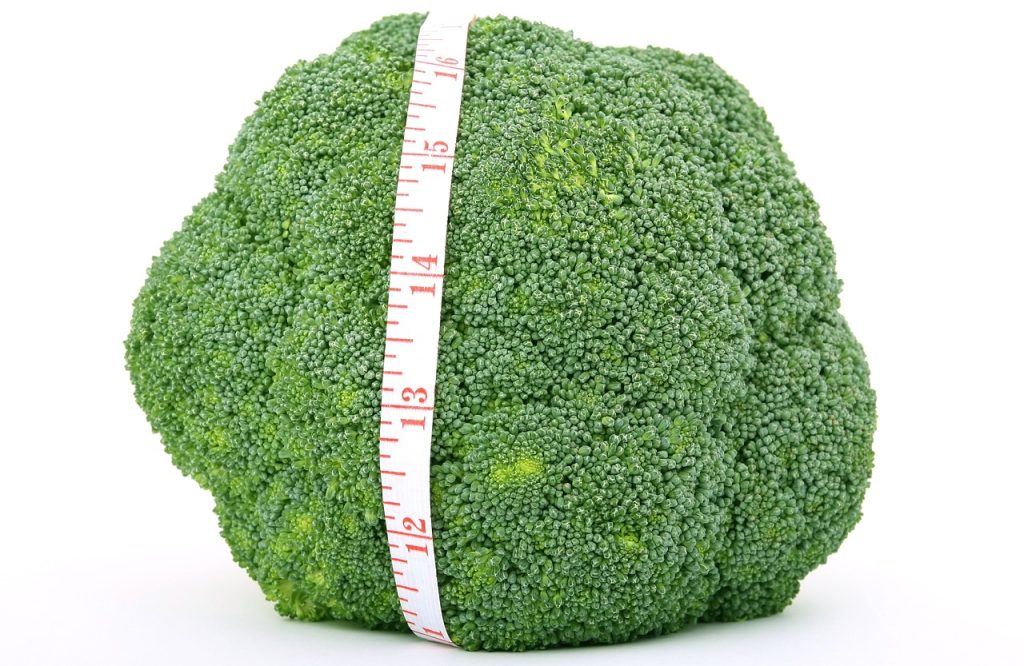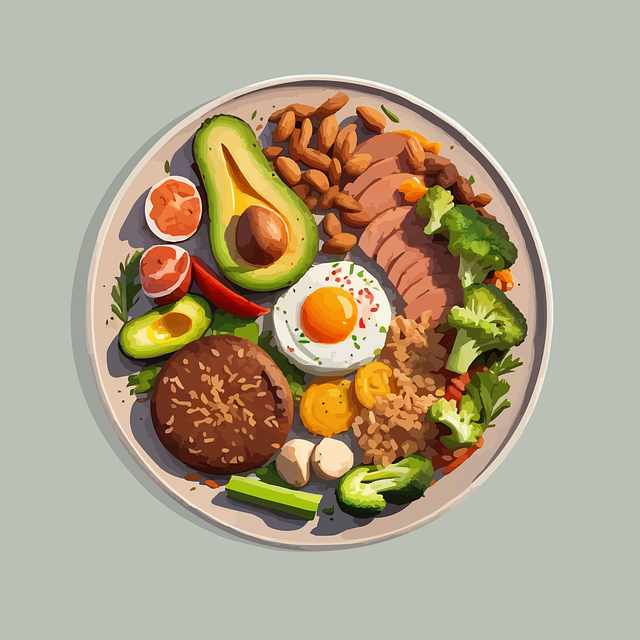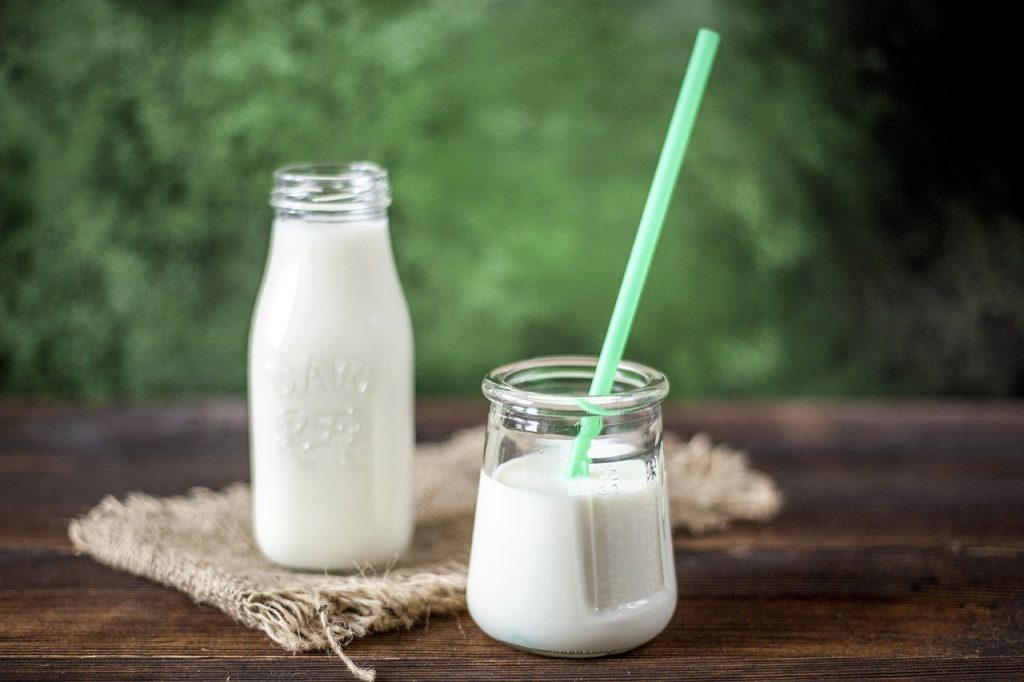Introduction
The ketogenic diet, commonly known as the keto diet, has gained immense popularity in recent years for its potential to help with weight loss, improve overall health, and enhance mental clarity. If you’re considering embarking on this low-carb, high-fat diet journey, you’ve come to the right place. This article will guide you through the basics of starting the keto diet, providing you with the information and tools you need to get going.
What is the Keto Diet?
The ketogenic diet is a high-fat, low-carbohydrate eating plan designed to shift your body into a state of ketosis. Ketosis is a metabolic state in which your body primarily burns fat for energy instead of carbohydrates. When you reduce your carbohydrate intake significantly, your body starts breaking down fats into ketones, which become your primary energy source.
Getting Started
- Consult a Healthcare Professional: Before making any major dietary changes, it’s essential to consult with a healthcare provider or registered dietitian. They can help assess whether the keto diet is safe and suitable for your specific health goals and needs.
- Educate Yourself: Take the time to research and understand the principles of the keto diet. Familiarize yourself with what foods are allowed and which ones you should avoid. This will help you make informed decisions while planning your meals.
- Calculate Your Macros: Macros, short for macronutrients, are the three primary components of your diet: fats, proteins, and carbohydrates. To enter and maintain ketosis, you’ll need to adjust your macronutrient ratios. A typical keto diet consists of around 70-75% of calories from fats, 20-25% from protein, and 5-10% from carbohydrates. Online calculators can help you determine your specific macro requirements based on your goals and activity level.
Buy Top Quality Meats Online

Foods to Eat on the Keto Diet
- Healthy Fats: Incorporate foods rich in healthy fats, such as avocados, olive oil, coconut oil, and nuts. These fats are essential for providing sustained energy on the keto diet.
- Proteins: Opt for high-quality sources of protein like lean meats, poultry, fish, and eggs. Be mindful not to overconsume protein, as excess protein can be converted into glucose, potentially hindering ketosis.
- Low-Carb Vegetables: Choose non-starchy vegetables like leafy greens, broccoli, cauliflower, and zucchini. These provide essential vitamins and minerals without adding too many carbs to your diet.
- Dairy: Select full-fat dairy products like cheese, yogurt, and butter, as they are lower in carbohydrates than their low-fat counterparts.
Foods to Avoid
- Sugar and Sugary Foods: Eliminate sugar in all its forms, including candies, sodas, and baked goods. Read labels carefully, as sugar hides in many processed foods.
- Grains and Starchy Foods: Say goodbye to bread, pasta, rice, and potatoes, as these are high in carbohydrates.
- Processed Foods: Minimize your consumption of processed and packaged foods, as they often contain hidden sugars and unhealthy fats.
- Fruits: While some fruits are lower in carbohydrates than others, most are relatively high in sugars. Limit your fruit intake and focus on berries in moderation.
Keto Diet Benefits
- Weight Loss: By reducing carbohydrate intake and promoting fat burning, the keto diet can lead to significant weight loss for many individuals.
- Improved Blood Sugar Control: Some studies suggest that the keto diet may help regulate blood sugar levels, making it suitable for individuals with type 2 diabetes or prediabetes.
- Enhanced Mental Clarity: Many people report improved mental focus and clarity while on the keto diet, possibly due to the stable energy levels provided by ketones.
- Potential Health Benefits: Some research suggests that the keto diet may have therapeutic effects in conditions like epilepsy, Alzheimer’s disease, and certain cancers. However, more research is needed in these areas.
Conclusion
Starting the keto diet can be a rewarding journey towards better health and well-being. However, it’s crucial to approach it with caution, proper planning, and the guidance of a healthcare professional or dietitian. Remember that the keto diet may not be suitable for everyone, and individual results can vary. Stay patient, track your progress, and make adjustments as needed to achieve your health and fitness goals while on the keto diet.
YouTube Video – YouTube Video TOP 10 TIPS TO START KETO! – with Dr. Westman

latest post
- The Keto Diet and Gout: Is It Safe for Past Sufferers?
- Keto-Friendly Curried Chicken and Vegetable Soup: A Warm Delight for Cold Winter Days
- Perfect Keto Scrambled Eggs: A Versatile Delight for Your Low-Carb Lifestyle
- Keto-Friendly Ham, Mushroom & Spinach Frittata: A Savory Delight for Low-Carb Enthusiasts
- Unlocking the Mystery: The Science Behind Ketosis and Its Impact on Your Body





